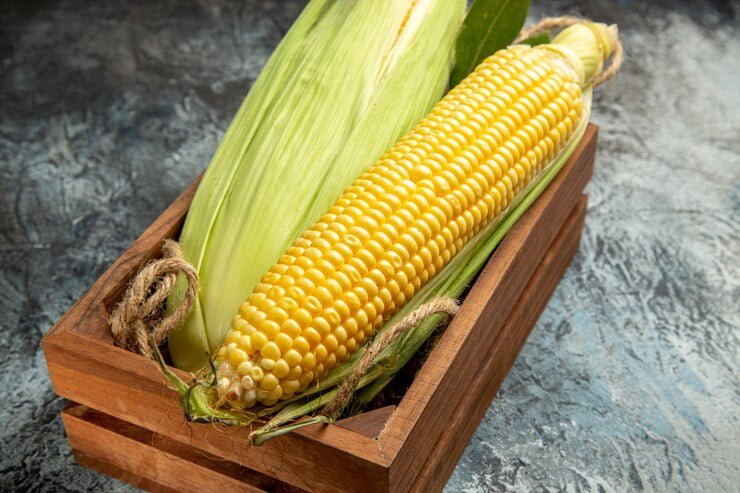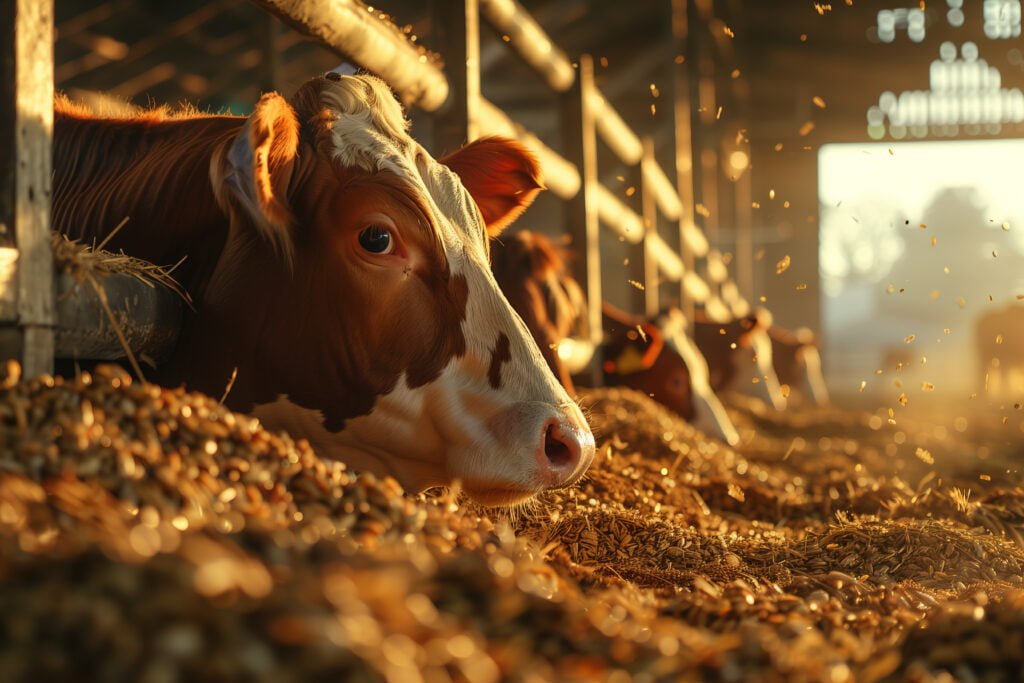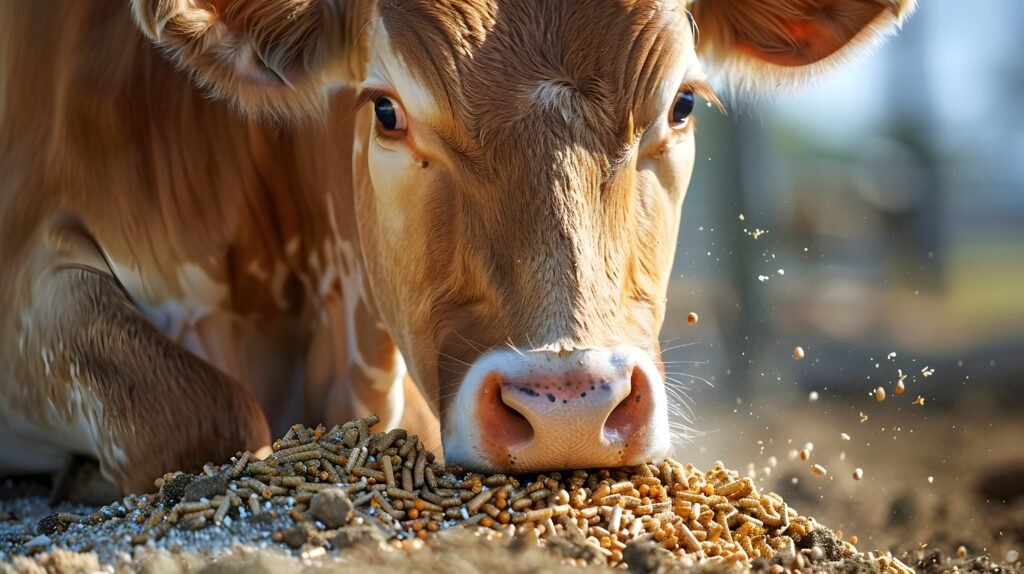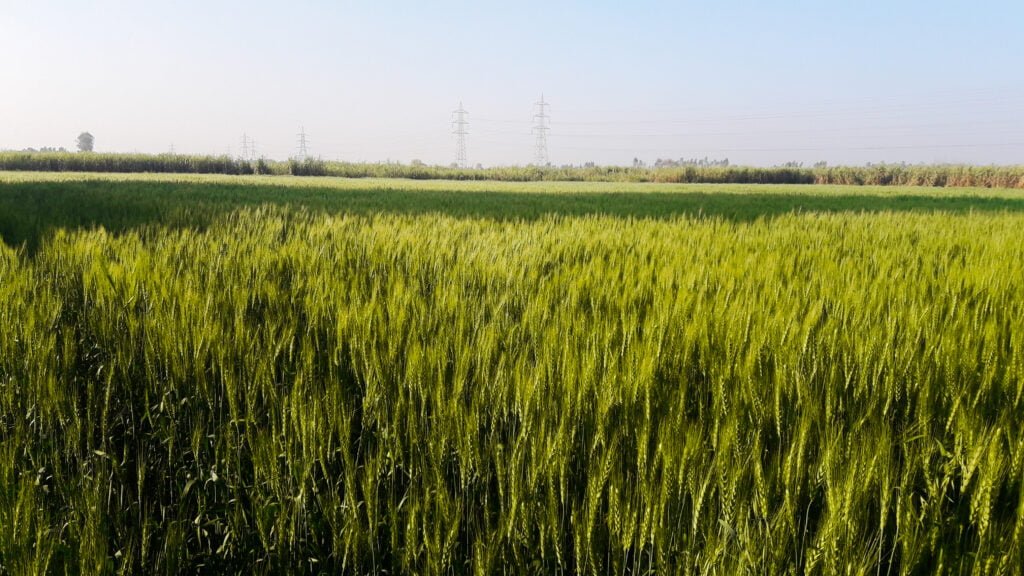Yellow corn is one of the most essential components of animal feed worldwide. It provides a rich source of energy, essential nutrients, and digestible carbohydrates that contribute to the overall health and productivity of livestock. Whether you are raising poultry, cattle, sheep, or swine, incorporating yellow corn into their diet can enhance growth, improve digestion, and boost energy levels.
In this blog, we will explore the nutritional value of yellow corn, its benefits for different animals, and how to maximize its potential for optimal animal health.
What Makes Yellow Corn a Nutritional Powerhouse?
Yellow corn is packed with essential nutrients that support animal well-being. Here are the key components that make it a preferred feed ingredient:
1. High Energy Content
Yellow corn is rich in carbohydrates, primarily in the form of starch, making it a highly digestible and efficient energy source for animals. It provides the necessary calories required for growth, maintenance, and milk production in dairy animals.
2. Rich in Essential Nutrients
- Protein: Yellow corn contains moderate levels of protein, which help in muscle development and overall body function.
- Fats: It provides essential fatty acids that improve coat quality, reproductive health, and immune function.
- Fiber: The fiber content aids digestion, particularly in ruminant animals like cattle and sheep.
- Vitamins & Minerals: Yellow corn is a good source of Vitamin A (from beta-carotene), Vitamin E, and essential minerals like phosphorus and magnesium.
3. Supports Gut Health
Yellow corn’s digestibility helps in smooth digestion, reducing the risk of digestive issues in livestock. When processed properly, it minimizes the chances of bloating and indigestion, ensuring animals receive maximum nutrient absorption.
Benefits of Yellow Corn in Animal Diets
1. For Poultry (Chickens, Ducks, and Turkeys)
- Enhances egg production and yolk color due to high beta-carotene levels.
- Provides energy for meat birds, supporting faster weight gain.
- Aids in maintaining overall health and immune system function.
2. For Cattle (Dairy and Beef)
- Improves milk production in dairy cows due to its high-calorie content.
- Aids in muscle development and weight gain in beef cattle.
- Reduces feeding costs when used as a staple in feed rations.
3. For Sheep and Goats
- Supports wool growth and overall well-being.
- Provides a consistent source of energy for grazing animals.
- Easily digestible when fed in appropriate quantities.
4. For Swine (Pigs)
- Enhances growth rates in piglets and finishing pigs.
- Provides essential nutrients for reproductive health in breeding sows.
- Supports immune function and overall well-being.
How to Incorporate Yellow Corn into Animal Feed
1. Whole Corn vs. Cracked Corn vs. Ground Corn
- Whole Corn: Suitable for mature animals but may not be as digestible.
- Cracked Corn: Easier to digest, often preferred for poultry and smaller animals.
- Ground Corn: Maximizes digestibility and nutrient absorption, ideal for young and growing livestock.
2. Balanced Diet Considerations
While yellow corn is an excellent energy source, it should be balanced with protein-rich feed ingredients such as soybean meal, alfalfa, or fish meal to ensure complete nutrition. Supplementing with minerals and vitamins is also necessary for maintaining optimal animal health.
Proper Storage for Maximum Freshness
To maintain its nutritional value, yellow corn should be stored properly:
- Keep in a dry, well-ventilated area to prevent mold and mycotoxin growth.
- Use airtight containers or silos to avoid contamination.
- Regularly check for pests and spoilage.
Sustainable Sourcing of Yellow Corn
Choosing high-quality, sustainably sourced yellow corn ensures better nutrition for livestock while supporting responsible farming practices. At Raya5 & Co., we provide premium-grade yellow corn sourced from trusted farms to guarantee freshness and nutritional excellence.
Conclusion
Yellow corn is a fundamental ingredient in livestock nutrition, offering high energy, essential nutrients, and easy digestibility. When used correctly, it supports animal growth, health, and productivity. By integrating yellow corn into a well-balanced feeding program, farmers can ensure their livestock thrive while optimizing their feed investment.
For premium-quality yellow corn and other agricultural products, visit Raya5 & Co. today or Contact Us for inquiries.




